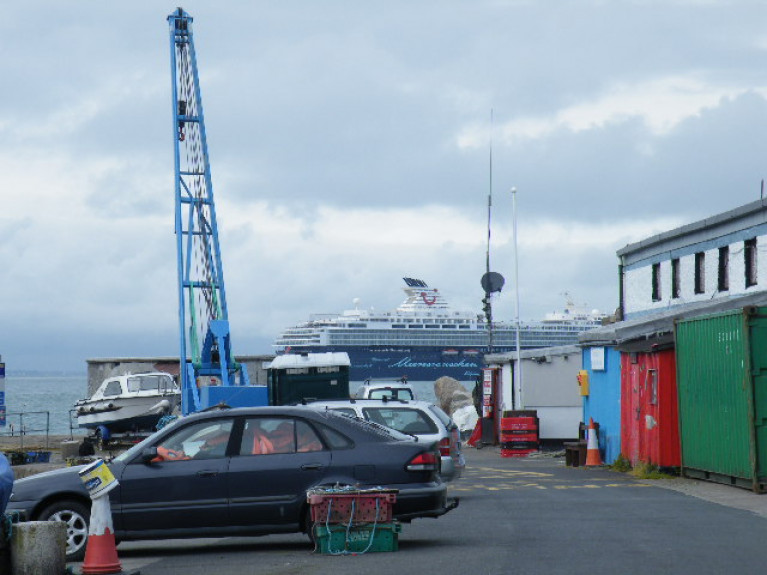Displaying items by tag: Bulloch Hbr, Dalkey
Dalkey Locals Celebrate As Planning Permission at Bulloch Harbour for Controversial Luxury Development Quashed
In south Dublin Bay campaigners against a luxury development at Bulloch Harbour, Dalkey have been celebrating after planning permission for the controversial coastal mansions was quashed last week.
An Bord Pleanala has conceded the judicial review brought by the association, reports Dublin Live..
Developers Bartra Property Group proposed to build three 3-story luxury villas and two apartments as well as a cafe on the site next to the harbour which is currently occupied by commercial buildings (of the former Western Marine premises).
The Bartra Group were given permission in 2019 despite 100 of objections being lodged and an inspector recommending An Bord Pleanala refuse it.
Some of the objections to the proposed development were the history of major flooding on the site from wave overtopping, the failure by the applicant to make proper environmental assessments, and the overwhelmingly large nature of the development in a sensitive site of maritime and natural heritage, Bullochharbour.org reports.
Dalkey residents have been celebrating the good news on social media.
One person said: “Brilliant, as a former resident of Dalkey, just up the road from Bulloch, since birth, this is great news.”
For much more on this development click here.





























































